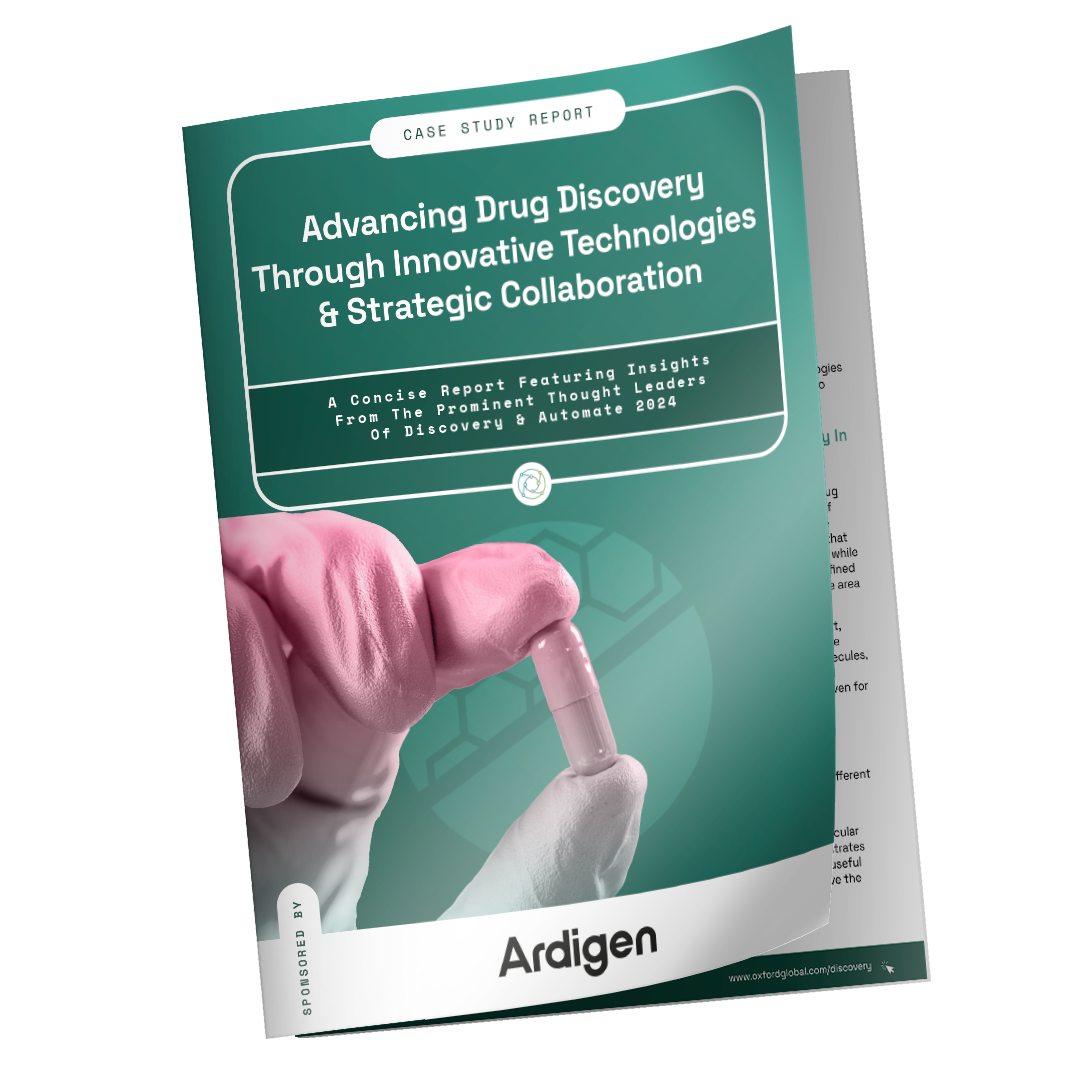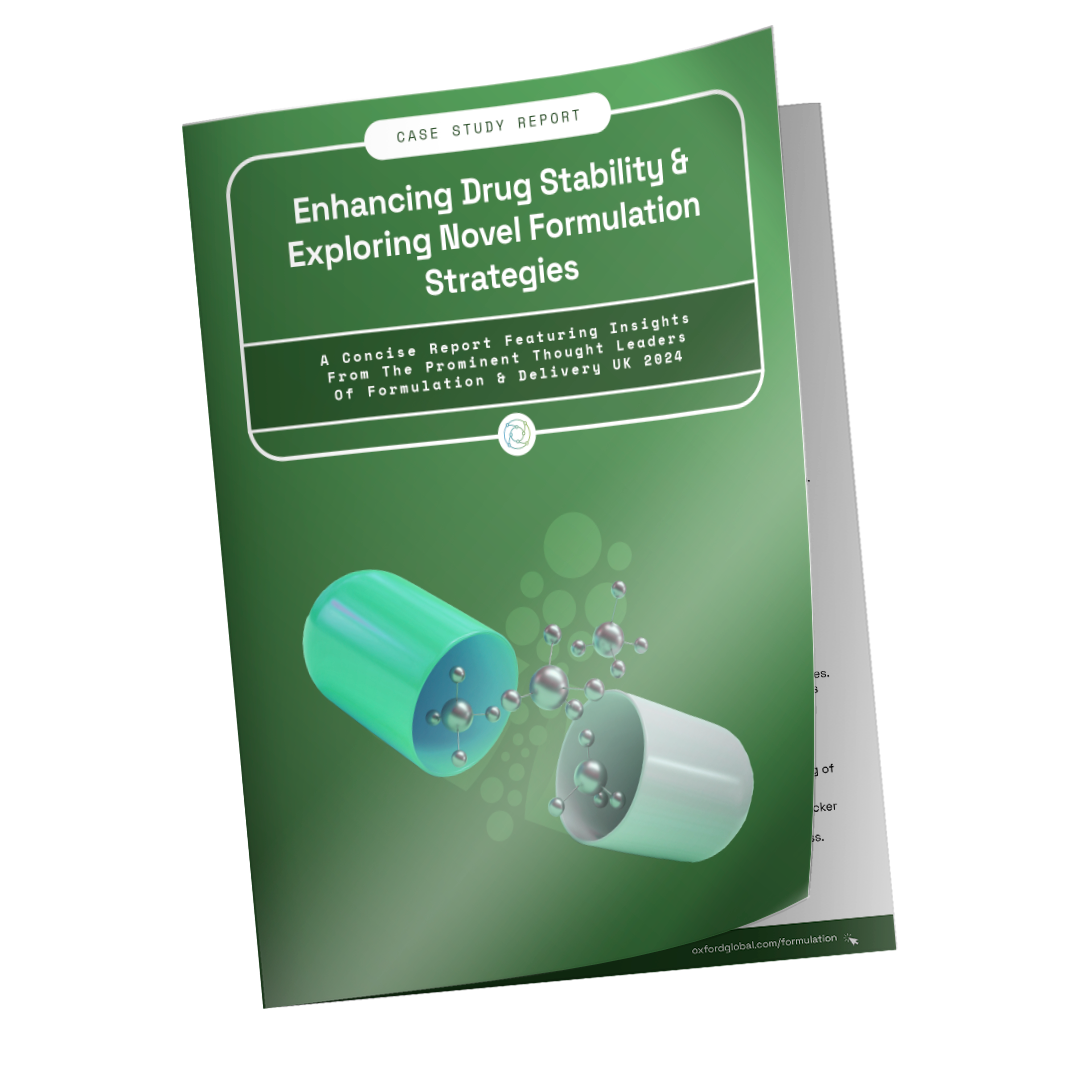Accelerating Discovery & Development
We empower scientific decision-makers from the world’s most innovative biopharma organisations to make informed pipeline decisions in early R&D, accelerating their route from target ID to novel clinical candidate
Events
Community
Services
Resources
PLUS Pass
In-Person Events

07 - 08 Nov 2024 | Boston, MA
.png)
01 - 02 Jul 2025 | Basel, Switzerland
.png)
02 - 03 Oct 2025 | San Diego
Online Events & Activities
Discovery & Development & Our Community
We connect biopharma leaders with the cross-industry stakeholders they require to discover and develop high-potential drug candidates. Our community extends across the entire early R&D ecosystem, from target discovery and lead optimisation through to drug formulation and preclinical research.
Our In-Person & Digital Services
We work with cutting-edge vendors within drug development, supporting them to forge in-depth connections with customers, showcase their solutions and position themselves as market leaders.
Featured Resources

Featured eBooks & Best Practices
Advancing Drug Discovery Through Innovative Technologies & Strategic Collaboration

Featured eBooks & Best Practices
Paving the Way For Animal Free Models by Leveraging 3D Cell Culture, Organoids & Organ Modelling

Featured eBooks & Best Practices
Enhancing Drug Stability & Exploring Novel Formulation Strategies
Latest Resources
AI/ML Advancements in Drug Formulation – The Potential of Self-Driving Labs
Oxford Global PLUS Pass
Tailored for senior biopharma leaders & scientists, the PLUS Pass is your exclusive, all access gateway to 12 months of flagship conferences, online events and insightful content.
You’ll gain priority access to all Oxford Global events across not just the Discovery & Development brand, but our NextGen Biomed and Precision Medicine brands as well – from in-person events in the UK, Europe and USA to our regular online symposiums, webinars and group discussions, each designed to provide a productive environment for knowledge-sharing and networking. Plus, our PLUS Platform hosts a wealth of on-demand event recordings, content articles and industry news to help you keep your finger on the pulse of emerging industry trends and technology advancements year-round.








